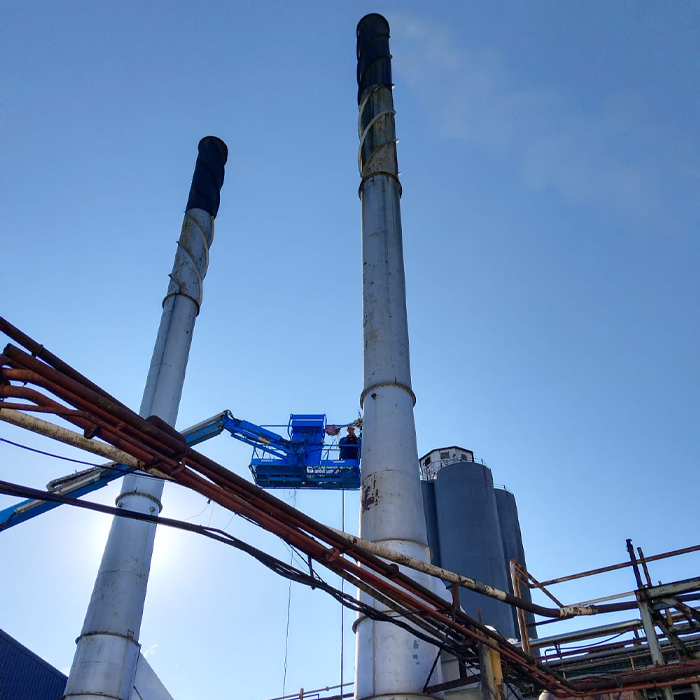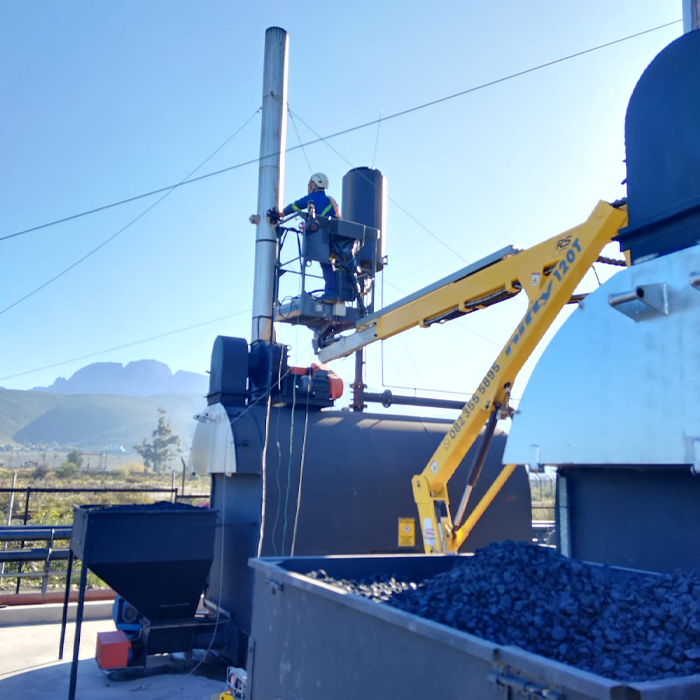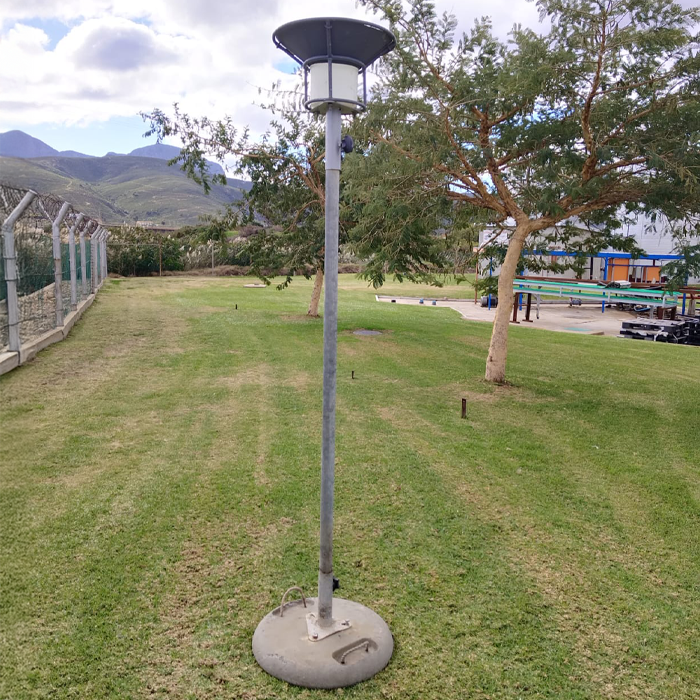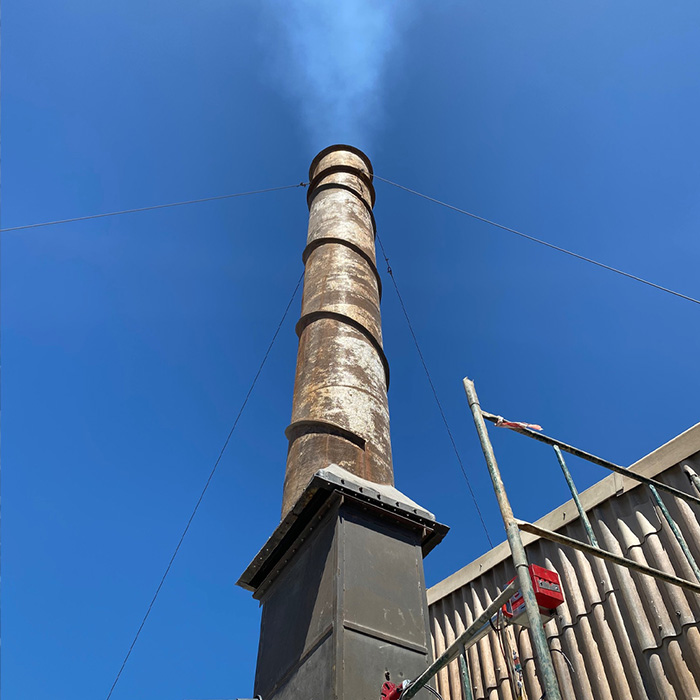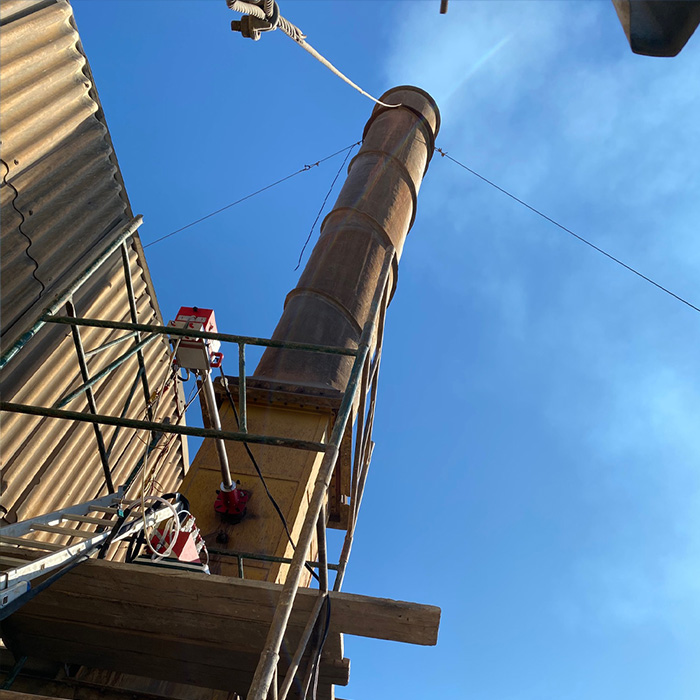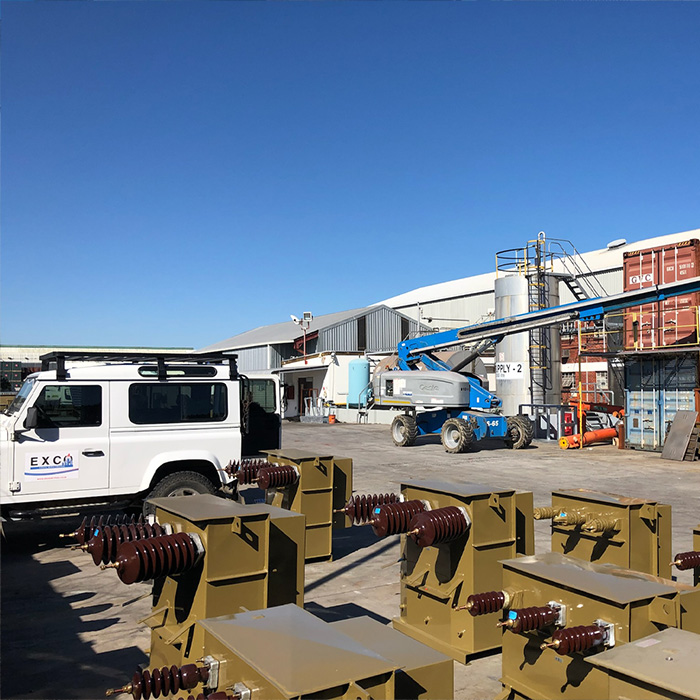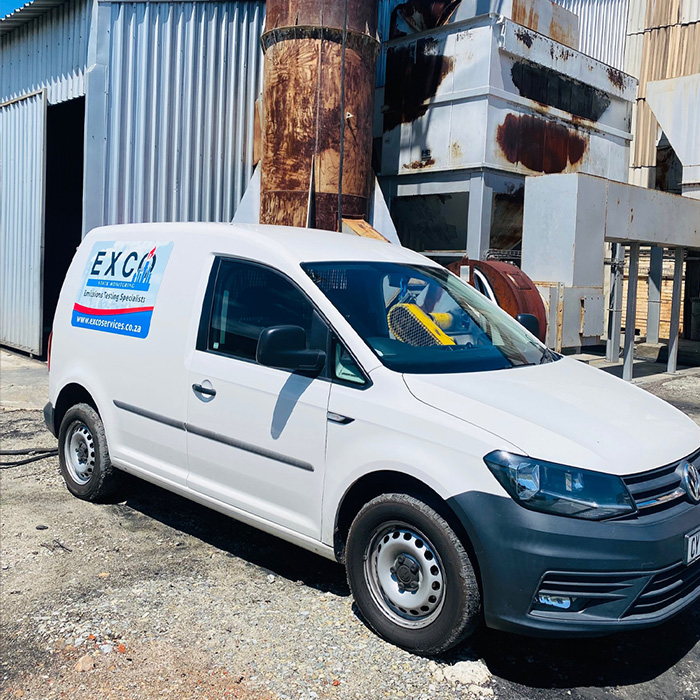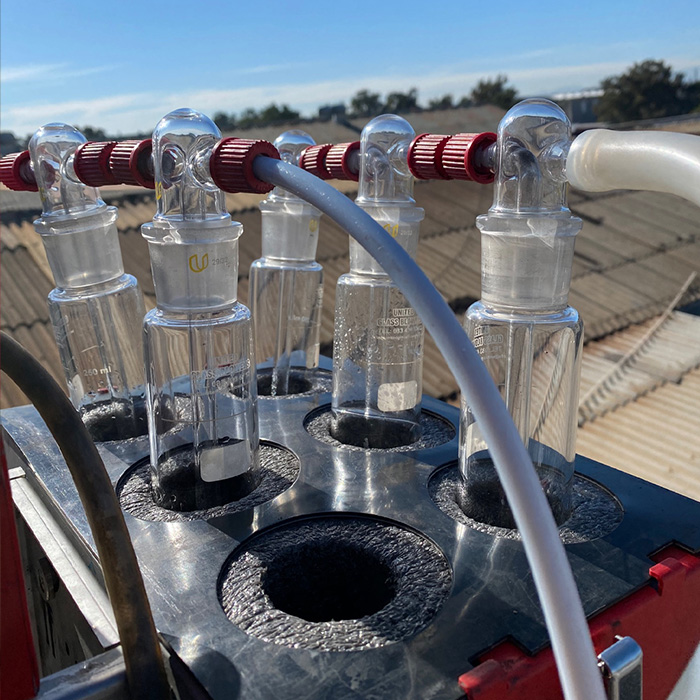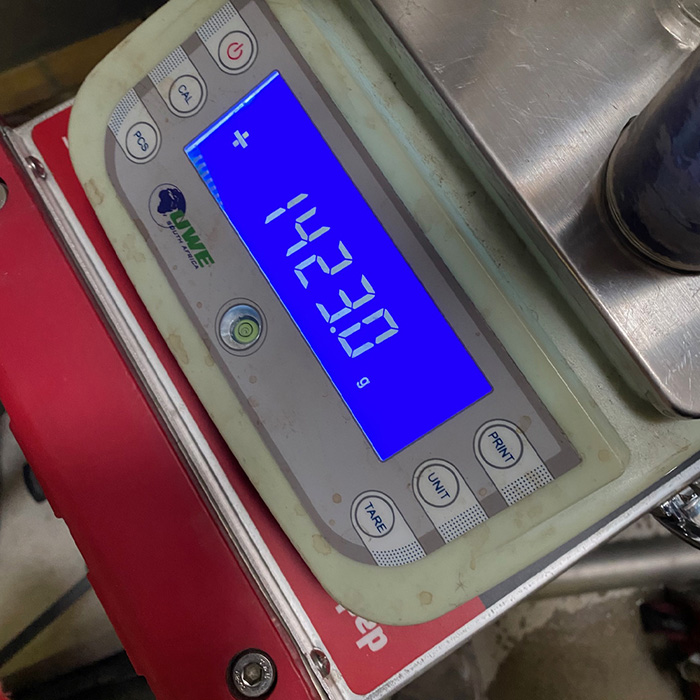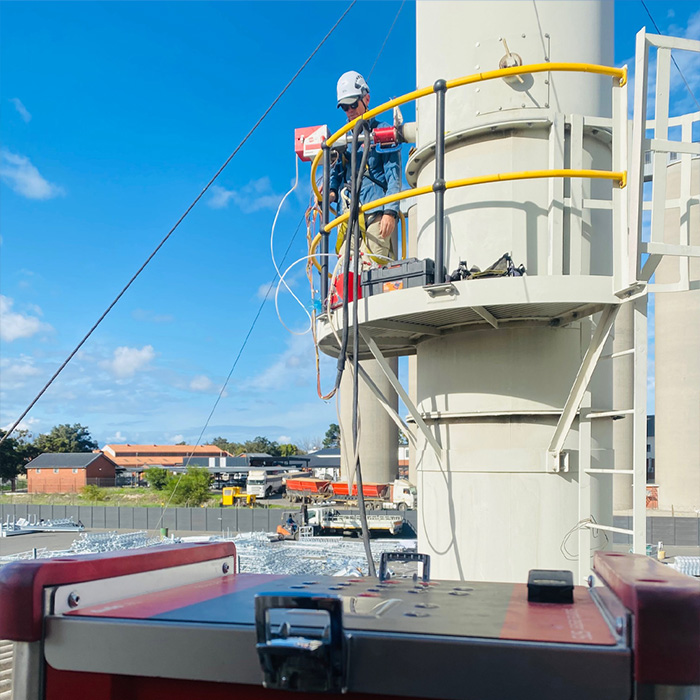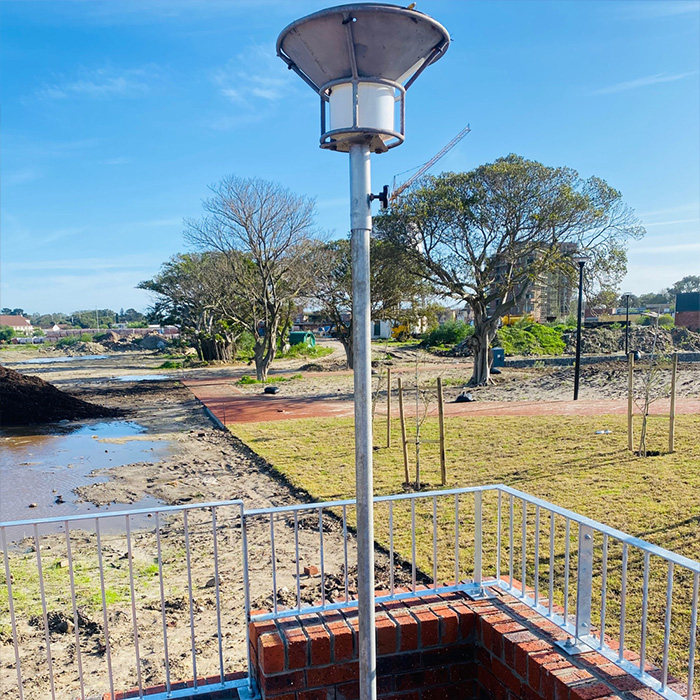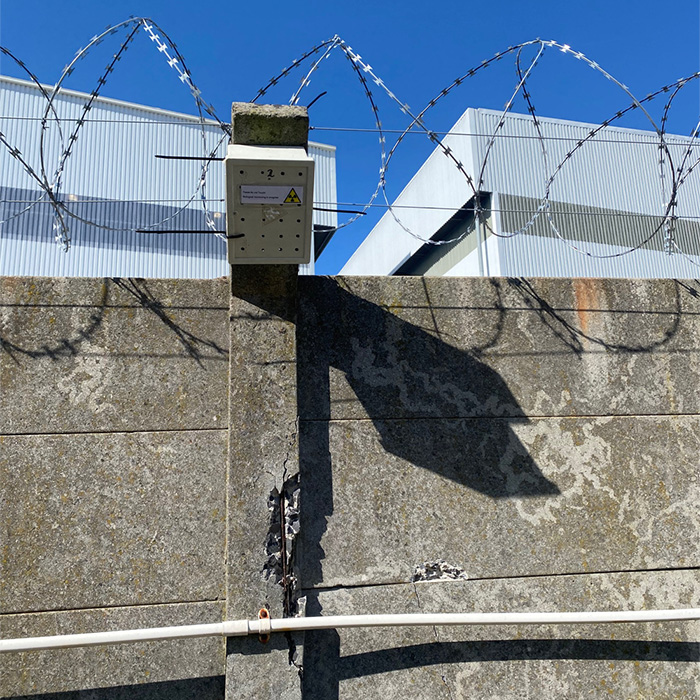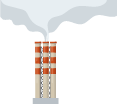
Stack Emissions
Monitoring
Also known as Stack Emissions Testing and Air Emissions Testing is the legally required air monitoring of stationary-source emission points like stacks or chimneys. This is done to determine compliance with the regulated pollutants emission limits.

Fallout Dust
Monitoring
Also known as Ambient Dust Fallout Monitoring is the legally required monitoring of airborne dust that is generated as a result of anthropogenic sources of fugitive dust which include, but are not limited to, construction, industrial and mining activities. This is done to determine compliance with the National Dust Control Regulations (NDCR) of 2013.

Air Quality
Management
Atmospheric Emissions License (AEL) applications, renewals and amendments. Annual licence audits, NAEIS reporting, greenhouses gas reporting and carbon tax calculations. Section 22A rectification applications. Public participation and stakeholder forums.
About EXCO Stack Monitoring
We provide air quality testing of the highest quality and accuracy to industries across the board to ensure your business operations continue without regulatory interruption. Air quality testing includes, but is not limited to, stack emissions testing, fallout dust monitoring and fenceline monitoring.
Founded in 2006, our team of Professional Engineers and Scientists accounts for over 20 years of experience in Air Quality Testing.
We use state-of-the-art instrumentation, that includes, but is not limited to, specialised isokinetic samplers, flue-gas analysers, diffusive samplers, fallout dust units and constant flow samplers to measure pollutant concentration levels from stacks, ducts and ambient air. All tests are done following specific and validated test methods which comply with recognised International Standards (ISO, USEPA, BS EN, ASTM etc.).
Our core business is to provide compliance testing in terms of the National Environmental Management: Air Quality Act “Act 39 of 2004”.

Stack Emissions
Monitoring
Also known as Stack Emissions Testing and Air Emissions Testing is the legally required air monitoring of stationary-source emission points like stacks or chimneys. This is done to determine compliance with the regulated pollutants emission limits.

Fallout Dust
Monitoring
Also known as Ambient Dust Fallout Monitoring is the legally required monitoring of airborne dust that is generated as a result of anthropogenic sources of fugitive dust which include, but are not limited to, construction, industrial and mining activities. This is done to determine compliance with the National Dust Control Regulations (NDCR) of 2013.

Air Quality
Management
Atmospheric Emissions License (AEL) applications, renewals and amendments. Annual licence audits, NAEIS reporting, greenhouses gas reporting and carbon tax calculations. Section 22A rectification applications. Public participation and stakeholder forums.
Skilled Engineers and Scientists who help your business with Air Quality compliance
Book a consultation to learn how we can assist your business
Skilled Engineers and Scientists who help your business with Air Quality compliance
Book a consultation to learn how we can assist your business
About EXCO Stack Monitoring
We provide air quality testing of the highest quality and accuracy to industries across the board to ensure your business operations continue without regulatory interruption. Air quality testing includes, but is not limited to, stack emissions testing, fallout dust monitoring and fenceline monitoring.
Founded in 2006, our team of Professional Engineers and Scientists accounts for over 20 years of experience in Air Quality Testing.
We use state-of-the-art instrumentation, that includes, but is not limited to, specialised isokinetic samplers, flue-gas analysers, diffusive samplers, fallout dust units and constant flow samplers to measure pollutant concentration levels from stacks, ducts and ambient air. All tests are done following specific and validated test methods which comply with recognised International Standards (ISO, USEPA, BS EN, ASTM, etc.).
Our core business is to provide compliance testing in terms of the National Environmental Management: Air Quality Act “Act 39 of 2004”.


